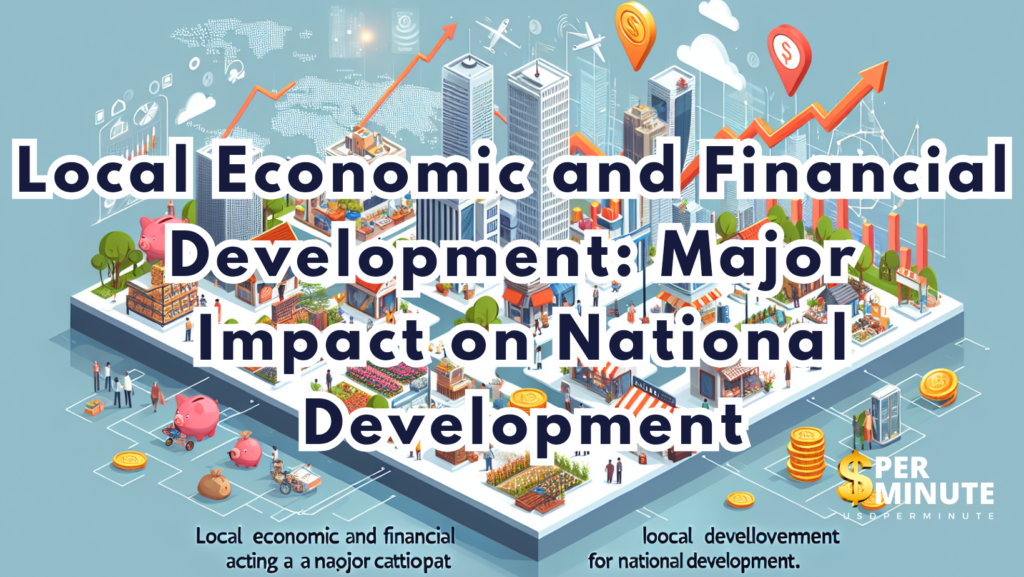Local Economic and Financial Development: Major Impact on National Development

The economy and finance of a country is the main basis in determining the stability and prosperity of its people. Developments in this sector, whether positive or negative, have a major impact on the entire country. Recently, several important developments in the local economy and finance have attracted much attention, affecting various aspects of life, including employment opportunities, purchasing power, and financial security of the people. This article will discuss the latest developments in the local economic and financial sector and how they have a major impact on the country
- Increase in Bank Negara Interest Rates
One of the economic news that has received the most attention recently is the increase in interest rates by Bank Negara. This step was taken as a response to increasing inflationary pressure, with the aim of controlling the prices of goods and services in the market. However, the impact was felt widely, especially in the housing and business loan sectors. Rising interest rates have led to higher loan repayments, which indirectly reduces consumer purchasing power and increases business costs. This can slow economic growth and impact job opportunities. - Strengthening of Local Currency
The strengthening of the local currency against foreign currencies is another important development. This is seen as a positive sign for the national economy, as it shows the confidence of foreign investors and the stability of the domestic economy. However, it can also affect exports, as local goods become more expensive on the international market. Export-dependent manufacturers may face challenges in maintaining their competitiveness, which may affect the growth of the manufacturing sector and other related industries. - New National Budget Plan
The government has recently announced a comprehensive budget plan, with an emphasis on infrastructure development, education, and technology. This budget aims to stimulate economic growth by increasing public and private investment. However, it also raises questions about how the government will finance the expenditure, especially in the context of the growing national debt. If not managed well, it can have a negative impact on the country’s fiscal stability and affect investor confidence. - Increase in World Oil Prices
Rising world oil prices also have a major impact on the local economy. As a country dependent on oil imports, this increase in prices increases the cost of fuel, which in turn causes an increase in the price of other goods and services. High inflation can reduce people’s purchasing power and increase the cost of living, especially for low-income people. This demands immediate action from the government to mitigate this impact through effective economic policies. - Changes in International Trade
Changes in international trade policies, including new trade agreements and trade wars between world powers, also affect the country’s economy. For example, if a country engages in tighter trade agreements or faces trade restrictions, it can affect exports and foreign investment. This can cause a decrease in national income and affect long-term economic growth.
Conclusion
Developments in the local economy and finance play an important role in determining the future of the country. Every change, whether in interest rates, currencies, budgets, oil prices, or international trade, carries major implications that require attention and a precise response from the government and the private sector. For the people, understanding and preparing for these changes is key to maintaining financial stability and well-being in the long term.